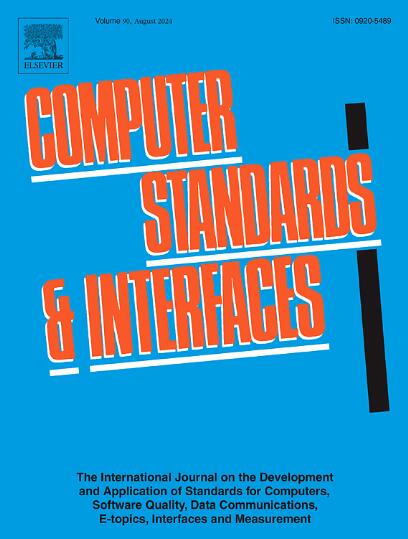生成式人工智能和教育可持续性:使用基于深度学习的混合SEM-ANN方法研究知识管理因素和人工智能属性的作用
IF 3.1
2区 计算机科学
Q1 COMPUTER SCIENCE, HARDWARE & ARCHITECTURE
引用次数: 0
摘要
将生成式人工智能整合到教育环境中,通过个性化学习、提高可及性和减少资源使用,从而促进教育的可持续性,具有变革性潜力。然而,对影响生成式人工智能使用的驱动因素及其对教育可持续性的后续影响的理解仍然不足。因此,我们开发了一个知识管理(KM)因素和人工智能属性的集成模型,以研究它们对生成式人工智能使用的影响及其对教育可持续性的影响。然后,根据从464名学生收集的数据,使用基于深度学习的混合SEM-ANN方法对该模型进行评估。PLS-SEM的研究结果支持知识获取、知识应用、感知拟人化、感知动画和感知智能在积极影响生成式人工智能使用中的作用。而知识共享的影响则不显著。研究结果还表明,使用生成式人工智能显著促进了教育的可持续性。人工神经网络结果表明,感知拟人化是影响生成式人工智能使用的最关键因素,标准化重要性为91.10%。从理论上讲,研究结果为知识管理因素和人工智能属性如何影响生成式人工智能的使用及其在提高教育可持续性方面的作用提供了经验证据。实际上,这项研究为有兴趣将生成式人工智能应用于教育目的的各种利益相关者提供了启示。本文章由计算机程序翻译,如有差异,请以英文原文为准。
Generative AI and educational sustainability: Examining the role of knowledge management factors and AI attributes using a deep learning-based hybrid SEM-ANN approach
Integrating Generative AI into educational settings holds transformative potential by personalizing learning, enhancing accessibility, and reducing resource usage, thereby promoting educational sustainability. However, understanding the drivers influencing Generative AI use and its subsequent impact on educational sustainability is still in short supply. Therefore, we developed an integrated model of knowledge management (KM) factors and AI attributes to examine their impact on Generative AI use and its consequent effect on educational sustainability. The model was then evaluated using a deep learning-based hybrid SEM-ANN approach based on data collected from 464 students. The PLS-SEM findings supported the role of knowledge acquisition, knowledge application, perceived anthropomorphism, perceived animacy, and perceived intelligence in positively affecting Generative AI use. In contrast, knowledge sharing showed no notable effect. The findings also showed that using Generative AI significantly promotes educational sustainability. The ANN results indicated that perceived anthropomorphism is the most critical factor impacting Generative AI use, with a normalized importance of 91.10 %. Theoretically, the findings offer empirical evidence on how KM factors and AI attributes influence Generative AI use and its role in enhancing educational sustainability. Practically, this research provides implications for various stakeholders interested in applying Generative AI for educational purposes.
求助全文
通过发布文献求助,成功后即可免费获取论文全文。
去求助
来源期刊

Computer Standards & Interfaces
工程技术-计算机:软件工程
CiteScore
11.90
自引率
16.00%
发文量
67
审稿时长
6 months
期刊介绍:
The quality of software, well-defined interfaces (hardware and software), the process of digitalisation, and accepted standards in these fields are essential for building and exploiting complex computing, communication, multimedia and measuring systems. Standards can simplify the design and construction of individual hardware and software components and help to ensure satisfactory interworking.
Computer Standards & Interfaces is an international journal dealing specifically with these topics.
The journal
• Provides information about activities and progress on the definition of computer standards, software quality, interfaces and methods, at national, European and international levels
• Publishes critical comments on standards and standards activities
• Disseminates user''s experiences and case studies in the application and exploitation of established or emerging standards, interfaces and methods
• Offers a forum for discussion on actual projects, standards, interfaces and methods by recognised experts
• Stimulates relevant research by providing a specialised refereed medium.
 求助内容:
求助内容: 应助结果提醒方式:
应助结果提醒方式:


